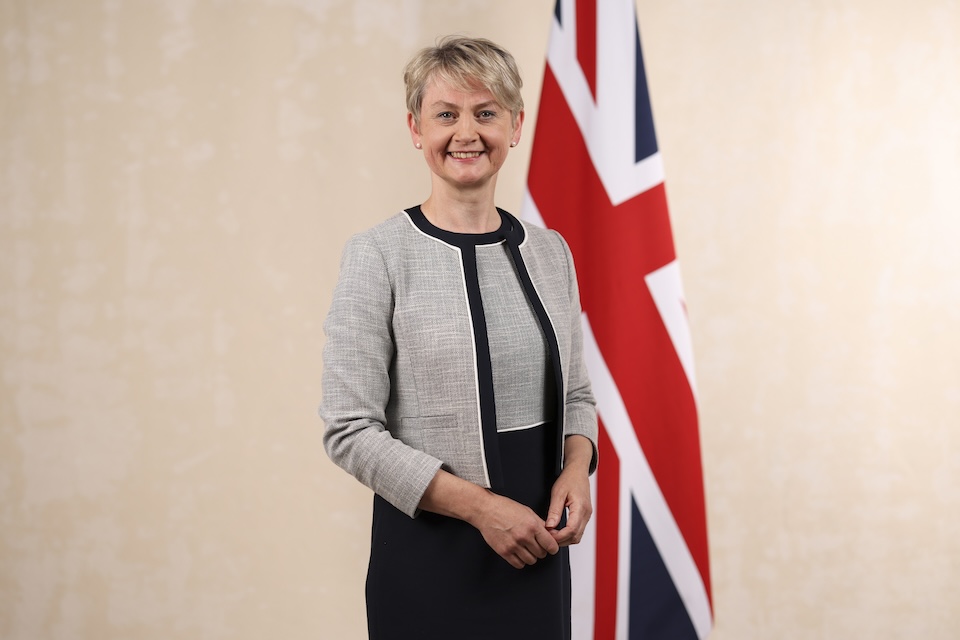Emirates will soon be named the world’s first “autism-certified airline” due to its efforts to help neurodiverse customers fly more comfortably.
International air travel can be a challenging experience for many autistic people and those with sensory sensitivities.
According to a survey by AutismTravel.com, 78 per cent of families said they are hesitant to travel to new locations, with 94 per cent more likely to go on a holiday if staff were autism-trained.
Emirates’ ground and in-flight services will now serve passengers with accessibility requirements to a new standard for the aviation industry.
The inaugural autism certification will be awarded to the airline by the International Board of Credentialing and Continuing Education Standards (IBCCES) in the next few months.
By then, over 30,000 Emirates cabin crew and ground staff will have completed the initial training to address the needs of travellers with autism and sensory sensitivities while flying.
At least 80 per cent of “customer-facing staff” will complete the dedicated autism and sensory-awareness training as part of the certification process.
The training includes information on the spectrum of autism, misconceptions and potential stimuli and triggers that staff should be aware of.
Emirates worked with IBCCES, a leading organisation in autism and neurodiversity training and certification, alongside an International Air Transport Association (IATA) industry survey to develop the “most beneficial standards” for autistic passengers.
All four Emirates check-in facilities in Dubai achieved a Certified Autism Centre designation in April 2024 for customer accessibility.
The airline said that it plans to roll out new standards and services that will “improve the on-ground and in-flight travel experience for both customers on the autism spectrum and their families and companions” later in the year.
New sensory guides on the sound levels, lighting, and potential sights and smells in air travel environments will also aid neurodiverse travellers planning to fly in 2025.
For more travel news and advice, listen to Simon Calder’s podcast



